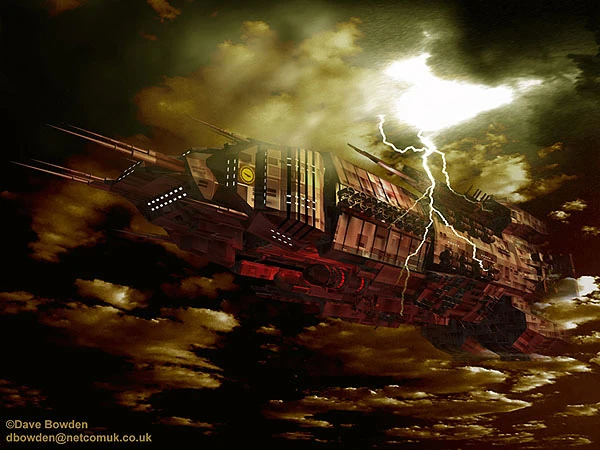02 August, 2015
Foundation by Isaac Asimov
1. What a slow and uninteresting opening! This is exactly what I try to avoid in my writing—these couple of tedious chapters of pure world building. The intro info dump is awkward and slow and if I wasn't listening to it, I probably would've stopped reading it, I was that bored. The details of the world building are not even that different or interesting enough to allow this. I think the Game of Thrones does this much, much better, as did Dune. And if I start off not caring about the story or characters, what's going to get me interested in the middle of the novel?
2. The world building simply extremes everything—small things to us are now tiny in the future, big things are gigantic, empires last tens of thousands of years, space and science are god and the higher ups know religion is a fake-a power grab. The ideas just generally are not that interesting to me.
3. But the stories are! It's a classic case of misdirection, not giving the reader enough information to solve the mystery, and then revealing all the important stuff in the last chapter of the section. It's like a comic book's last page reveal. But I do not much mind it here. Somehow it works. Maybe it's that each episode is short enough to support this trick. I think this is pulp fiction, not literature. That's not a judgment. The stories–except for the first one–are good! They are interesting and revealing about the characters and the world. The pacifism in the midst of revolution and civil war is an interesting theme and I believe Asimov pulls this theme off. These are four good stories with a bad one at the beginning.
4. The pacing of the book is weird. It is a series of five short stories, or novellas, which are all paced fine within themselves. But, as an episodic novel, as a whole book, it doesn't quite work. Most episodic novels—The Canterbury Tales, Hyperion, etc.–have a framing structure to provide continuity and legibility. Asimov forgoes the frame narrative here, which is an idea that I love. But this novel does not pull it off. It comes off like a comic book, rather than a novel. And this awkwardness did not work for me as a reader. I am not saying that this type of structure needs a frame narrative, but here it would have helped because of the last page reveals: these are so key to understanding what was happening in each episode, that any overarching theme is buried immediately under the new episode's opening. The breaks between episodes were overly jarring and lost me as a reader.
5. The misdirection annoys me–the deus ex machina endings to every episode are patronizing and insult the reader's intelligence. It is like each episode is a mystery and Asimov does not give the reader enough information to solve it until all is revealed to the antagonists at the end–and it is revealed in such a patronizing and insulting manner by the protagonist to the antagonist, that I end up feeling insulted and patronized as a reader, because this is the first time I'm hearing it as well.
6. Due to this being an episodic novel in which each episode is fully revealed at the end, I feel like the characters are not really understood or known until the end either. So, every time I get interested in a character or start to understand one, they're moved off screen so that the new episode can start. This is not great. His character introductions are lacking.
7. The overarching theme may be common sense activity vs. passivity. And this is played in an interesting way. Mob mentality emotionalism is the bad guy here, and probably the main character of the book if it has one. War mongering, vengeance, relying upon accepted beliefs–these are all portrayed as incompetent. They start often innocently enough, these ideas, but then become intolerant to reason while the protagonists remain fairly uniform, confident, reasonable, and correct.
8. The writing communicates, but it never excites me. I remember no line from the book, good or bad.
9. I ended up enjoying the book much more than episode one implied that I would. It gets more interesting—what Asimov does with the uninteresting world building is somewhat interesting. The four later episodes are exciting and paced well. But I still just have not really enjoyed any book that I've read by Asimov. I will keep reading his works now and then in the hopes that one of them strikes me in the future and I can figure out why he's so popular. Even friends of mine who love Asimov's work can't really put their finger on why.
[It turns out, after looking this book up online, that it is a collection of five short stories written in the early 1940s. This is a fix-up novel.]
Labels:
1942,
1943,
1944,
1951,
Foundation Series,
Isaac Asimov,
Science Fiction,
Short Story
Subscribe to:
Post Comments (Atom)



No comments:
Post a Comment